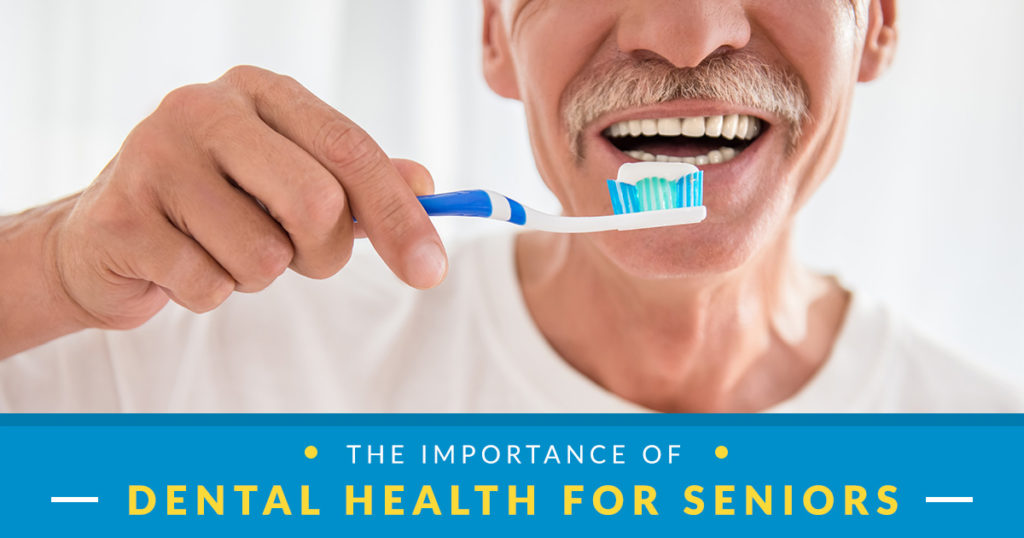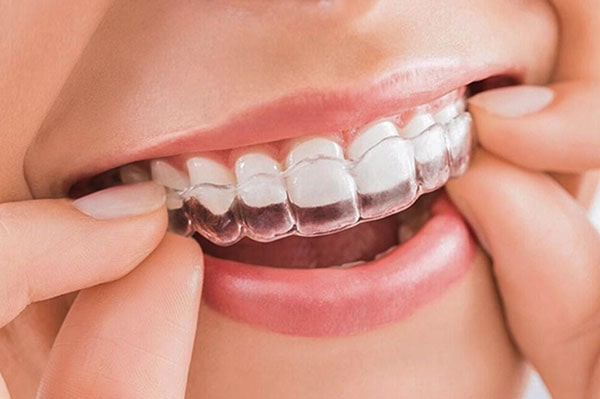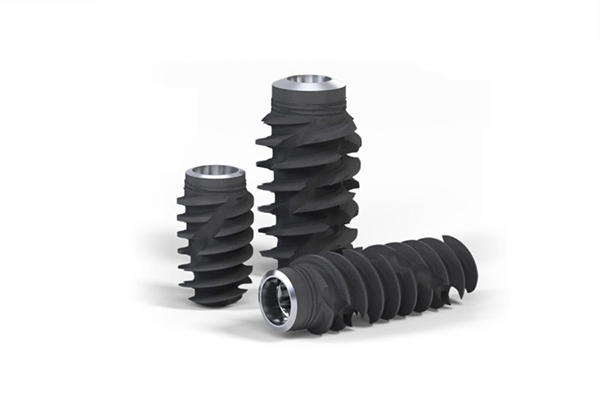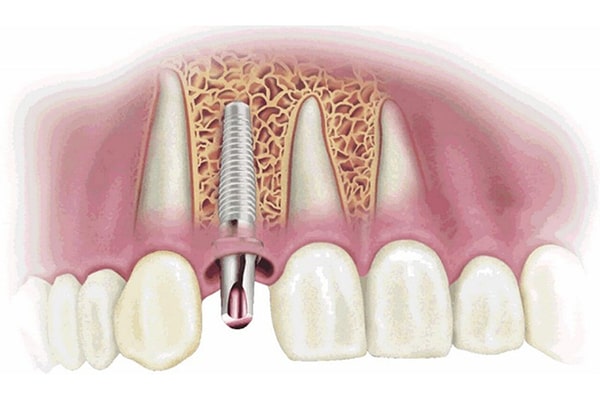Contents
Signs of Aging in the Mouth and Health Problems to Watch Out For
As we age, our bodies undergo many changes, and our mouths are no exception. The teeth, gums, and other tissues in the mouth can start to show signs of wear and tear, making it more difficult to eat, speak, and maintain good oral hygiene. In addition, older adults are more at risk for certain health problems that can affect the mouth, such as diabetes, heart disease, and osteoporosis.

Oral Aging Signs and Diseases
As people age, their oral health can deteriorate, leading to conditions such as tooth decay and periodontitis. Key signs include:
Major Changes in Teeth
Chewing wears down teeth, making them brittle and prone to breakage. Saliva production decreases significantly.
Yellowing Teeth and Receding Gums
Teeth yellow due to bacterial buildup and dark-colored foods. Plaque buildup leads to receding gums, weakening teeth.
Bad Breath
Poor oral hygiene leads to food residue and plaque, causing bad breath.
Temporomandibular Joint Disorder (TMJ)
Pain in the jaw and around the ear makes chewing difficult and can lead to headaches.
Tooth Loss
Aging reduces immunity, making it easier for bacteria to cause tooth loss. Poor nutrition and calcium deficiency also contribute.

Consequences of Oral Health Problems in the Elderly
Unaddressed oral health issues can lead to:
Head and Neck Pain
Tooth loss can cause jaw misalignment, leading to head, neck, and shoulder pain.
Speech Impairment
Tooth loss, especially front teeth, affects speech clarity and can cause lisping.
Digestive Issues
Missing teeth reduce chewing efficiency, leading to digestive problems and potentially severe conditions like gastritis.
Cardiovascular Risks
Periodontitis can increase the risk of heart disease and stroke due to bacterial entry into the bloodstream.
Gum Diseases
Gum diseases are linked to a higher risk of heart diseases due to the bacteria involved.
Tooth Decay
Bacterial activity in the mouth not only causes decay but also correlates with arterial plaque buildup, leading to cardiovascular issues.
Oral Care for the Elderly
Balanced Diet
Include fiber-rich vegetables, limit sugary and acidic foods, and ensure adequate intake of proteins, fats, vitamins, and minerals.
Proper Oral Hygiene
Brush and rinse 2-3 times daily, especially after meals. Use soft-bristled brushes and fluoride mouthwash. Regular dental checkups every 6 months are crucial.

Dental Implants for the Elderly
Dental implants are a viable solution for tooth loss, offering benefits like:
- Improved chewing without the limitations of dentures.
- Non-invasive to adjacent teeth.
- High aesthetic value and indistinguishable from natural teeth.
- Long-lasting with an average lifespan of 25 years, potentially lifelong.
Dr. Anh Ngọc- Specialized Dental Implant Clinic
Dr. Anh Ngọc specializes in dental implants for middle-aged and elderly patients, providing:
- Highly trained and experienced dentists.
- State-of-the-art equipment and sterile facilities.
- Pain-free procedures with quick recovery times.
- Transparent pricing and clear communication.
- Excellent patient support with long-term care.















